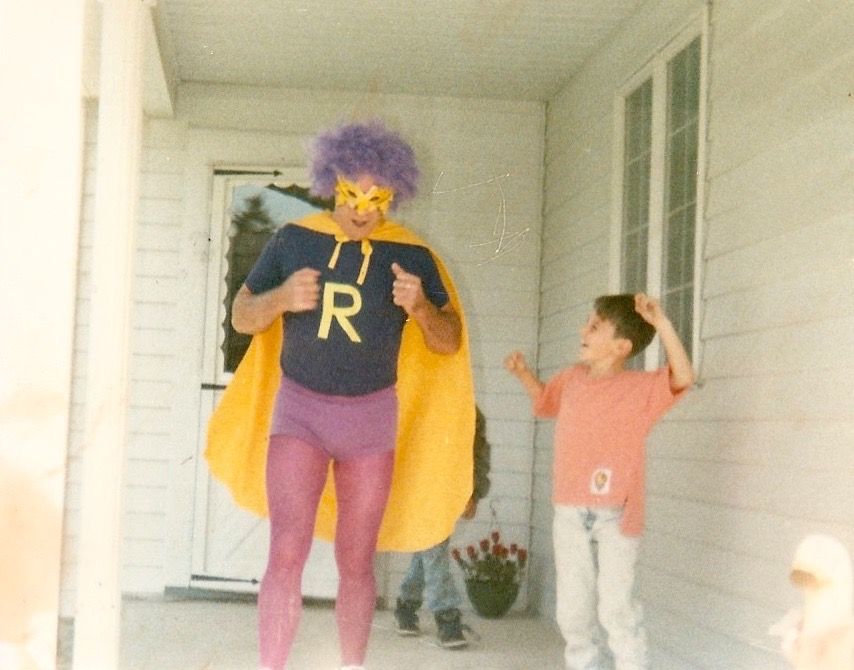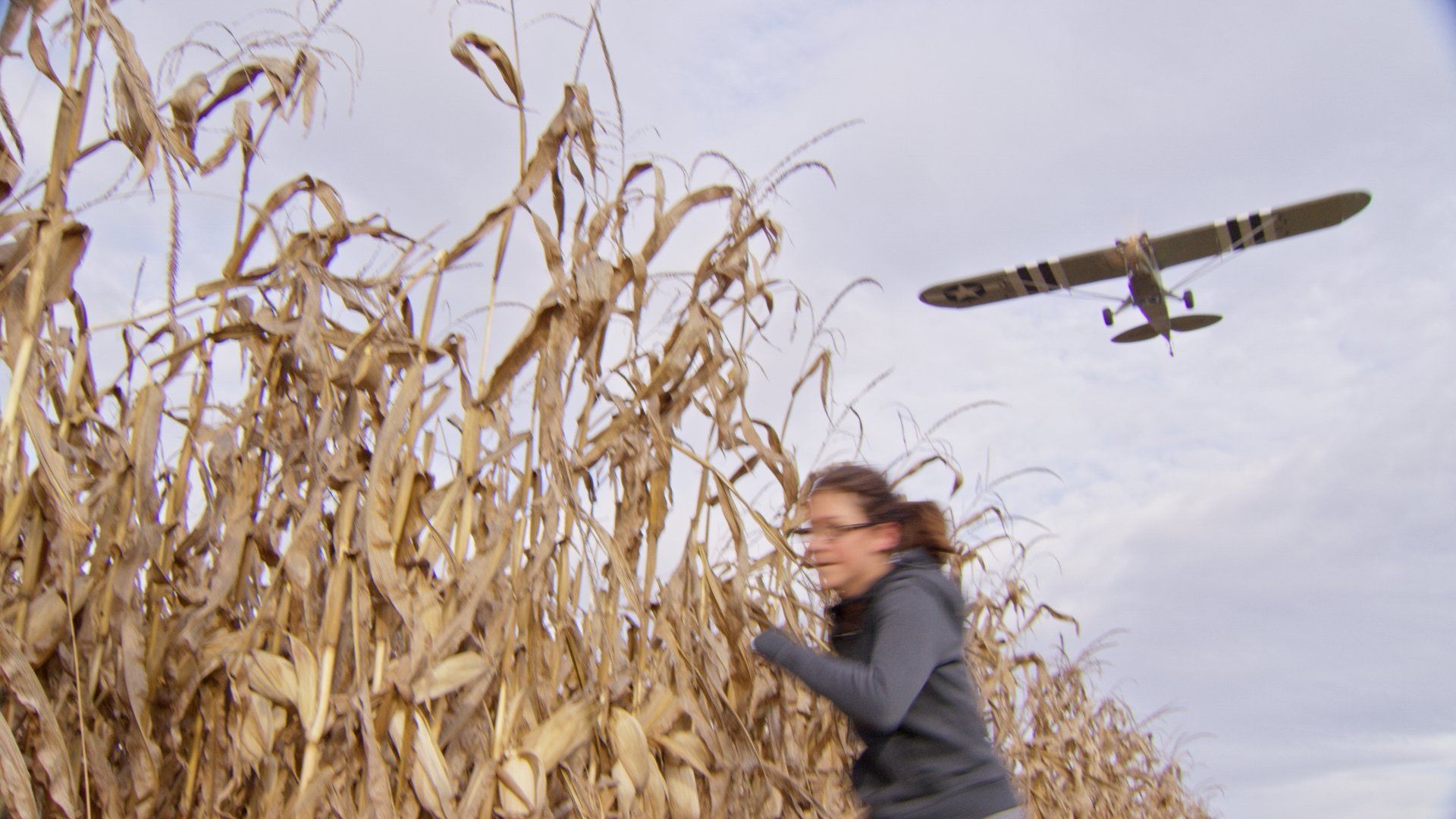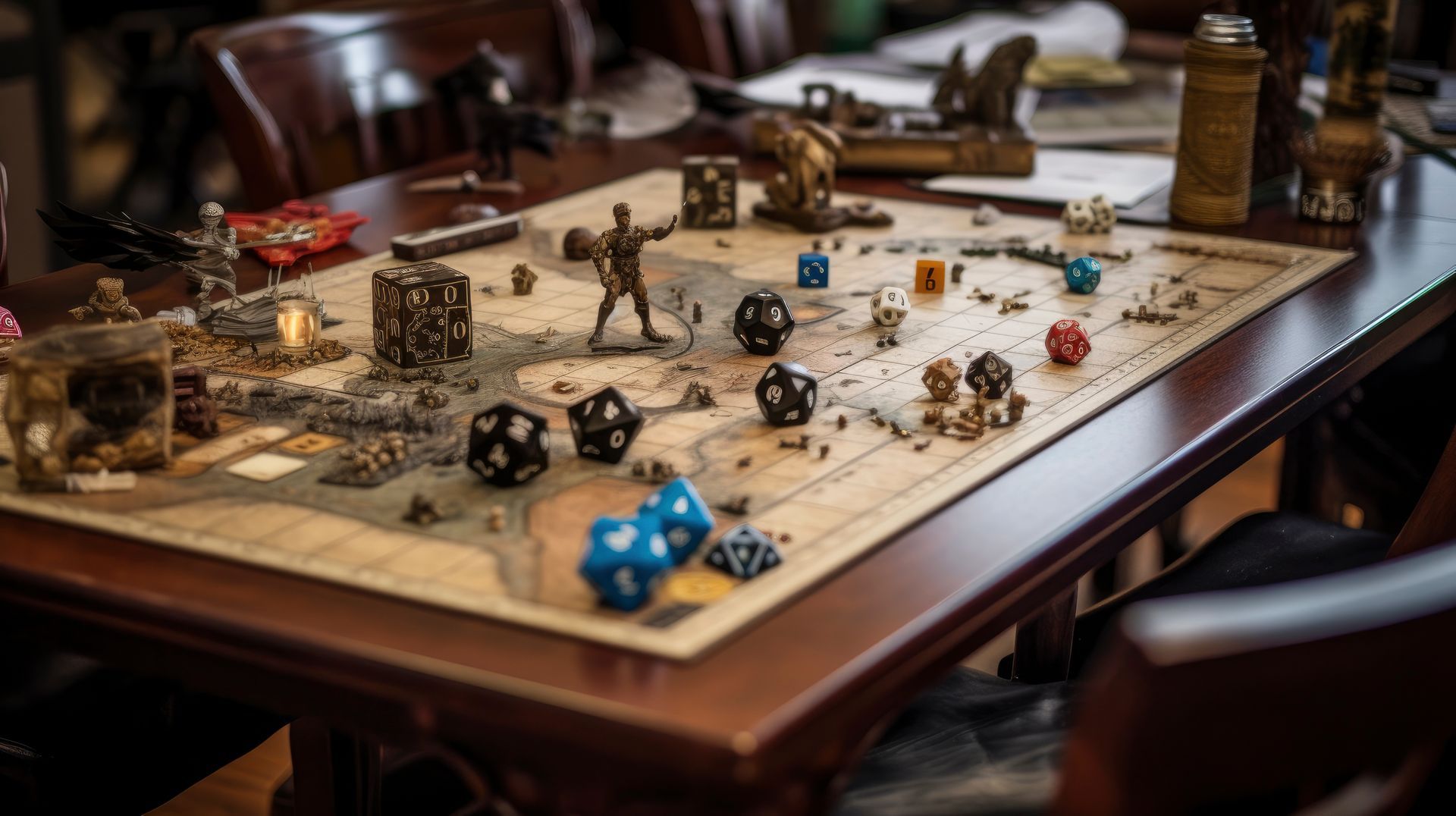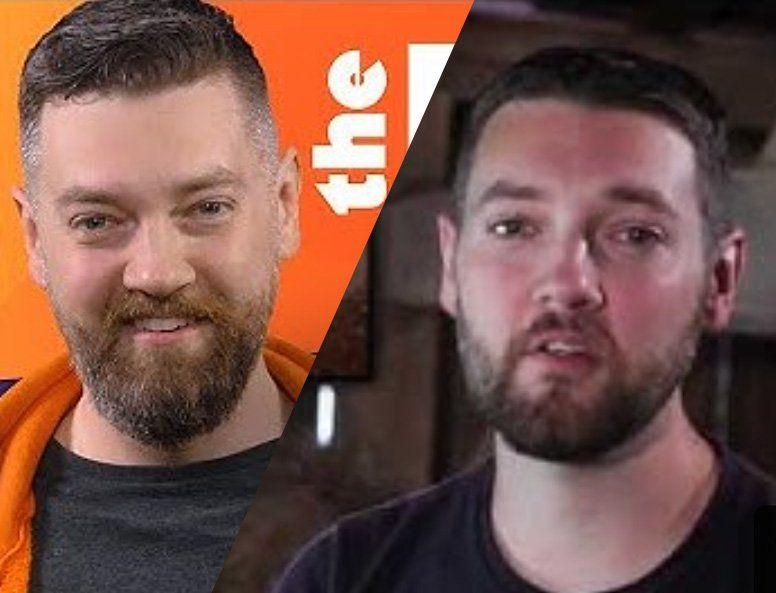Turning Point
What I learned at grandpa's funeral.

As a child I remember seeing a party decorated with black balloons, black cray paper, black tablecloths, black napkins, etc. One balloon, the kind you used to buy at a K-mart checkout counter read, “Over the Hill.”
I asked my mother why all the black? She responded, “Someone is turning 40.” Why does it say ‘Over the Hill? “Because they’re middle-aged. They’re half way through their life,” she replied.
I could not wrap my head around this for two reasons. In my mind, people lived to be well over 80, so how could 40 be over the hill? How did they know this person might not live to be 100? In which case, the black balloons should not be brought out until their 50th birthday. Secondly, why was black being used to celebrate? All birthdays, to a child, are to be treasured and celebrated colorfully, with lots of confections.
Silently I promised myself I’d live to be 100. And no black balloons—ever.
I am 39, at the precipice of 40. My grandpa just died. I attended his Celebration of Life service in the same small village he lived in for 60+ years. In the little church he attended all those years, the same one I remember overflowing with children and laughter when I was little, had dwindled in attendance over time. The last time I visited several years ago, I don’t think the attendance rose above 60.
The day of my grandpa’s service, however, the church pews could not contain the number of people who attended. Even the overflow section was so full some folks needed to stand along the back and sides of the meeting hall.
He’d passed almost two weeks prior and I hadn’t cried yet. I knew I needed to cry. The only way I would is if I stood up and looked out over the crowd of people who’d been touched by this man we all loved so much.
Sure enough, before I could utter my first word, standing in front of this small sea of people, I broke. My words were not carefully thought out. They were not poetic. I simply forced every thought racing through my mind out and through my mouth—passed the falling tears.
I did not know a large number of folks who attended. A few stood up to share a story about this ornery, positive, prayerful, strong man who, despite more than a decade of living in a wheelchair with one working limb, still found a way to give to everyone around him.
He’d cart around the village and wave at passers-by. If the battery to his chair was too low for a stroll, he’d simply stay on the porch, waving at every car that passed by. The Town Greeter they called him.
For context, this man once loved body building. His house, which I visited at least once a week with my cousins, aunts, and uncles, had muscle magazines littering almost every room. We loved examining at the legendary Arnold Schwarzenegger, but loved it even more when we could get our friends to punch grandpa in his rock solid gut. One of my cousin’s friends sprained his wrist.
Grandpa’s physical strength was matched only by his love for others. It was an active love. It was a love that overflowed from within him. It was the love of Jesus—and it touched everyone in that room even in his absence.
The hour I spent in that church changed my life as that love resonated around all of us. It felt like I was drinking a hot cup of cocoa early in the morning on a cold Winter’s day. It was warm, satisfying, and brought a smile to my face.
Grandpa was not afraid to talk about Jesus. Nor was he afraid to pray. Many of us will say, “I will pray for you,” or “My thoughts and prayers are with you.” But Grandpa would not wait. He would, in that very moment, say, “Let’s pray.” He would not wait for you to comply, he simply bowed his head and off he’d go in a conversation with Jesus whether you were ready or not.
I think we’re all afraid in moments where prayer is needed most we’ll sound dumb or look silly. But confidence is everything, and confidence only comes with practice. And he practiced every day. Furthermore, we might feel our unworthiness to pray. We think to ourselves that everyone can see our sins and scoff at our opportunity to show how pious we are, while they secretly whisper to themselves, your hypocrisy is showing.
But think for a moment on every moment you needed needed help. Now imagine a man with no legs and one working arm who, upon hearing your story, bowed his head, leaned forward, and with, “Heavenly Father …” You might have a moment of embarrassment, but more often than not I imagine you’d experience a wave of compassion wash over you. Warmth and emotion would bubble up because you’re seeing faith in action, not in lip service.
Grandpa was just as sinful as anyone else, but he wasn’t afraid to pull Jesus into the conversation. I am, however. I’m terrified every time. This is my new life goal.
In my youth I could not wait to leave Ohio. It wasn’t meant for me because I was meant for greater things. The idea of laying on a death bed full of regrets was motivation enough to send me off into the world with a vision of conquering and a passion for new experiences.
I did those things. I’ve had a full life. I’ve come to have many regrets.
What I thought I wanted was fame and fortune. Believe me, I tried to attain both. I think I got rather close. But in LA, you have to be willing to slit a few throats if you want to get to the top, and I don’t have the stomach for such things.
But there, in that small Methodist church in that small Ohio village, I was awestruck by the impact my grandpa had on so many people. He was by no stretch a perfect man, but that makes him all the more astounding—because his accomplishments are attainable.
Over the last half a year I’ve changed a lot. That moment with those people initiated a new metamorphosis. Where once I desired a fast-paced life, the money of kings, and the love of strangers, I now seek to slow down and to be present with people around me, both known and unknown. It’s no longer about being loved, but showing love to others. And true love is sacrificial. How can I help remove your burden?
I will not become this ideal version of myself overnight. In fact I believe it will be a long process of failing and continuing to be selfish. But my grandpa gave me a pretty amazing blueprint.
When I turn 40 later this year, I will, for the first time in 18 years, be living in Ohio. The land I fought so hard to leave behind now feels like the only place to offer peace—and fulfillment.
To be surrounded by friends and family, to offer help when it’s needed (and it’s always in demand), to grow roots and invest in community, to live a simple life—these are things I now want most.
Now to practice. How can I help remove your burden?
Share this article:


